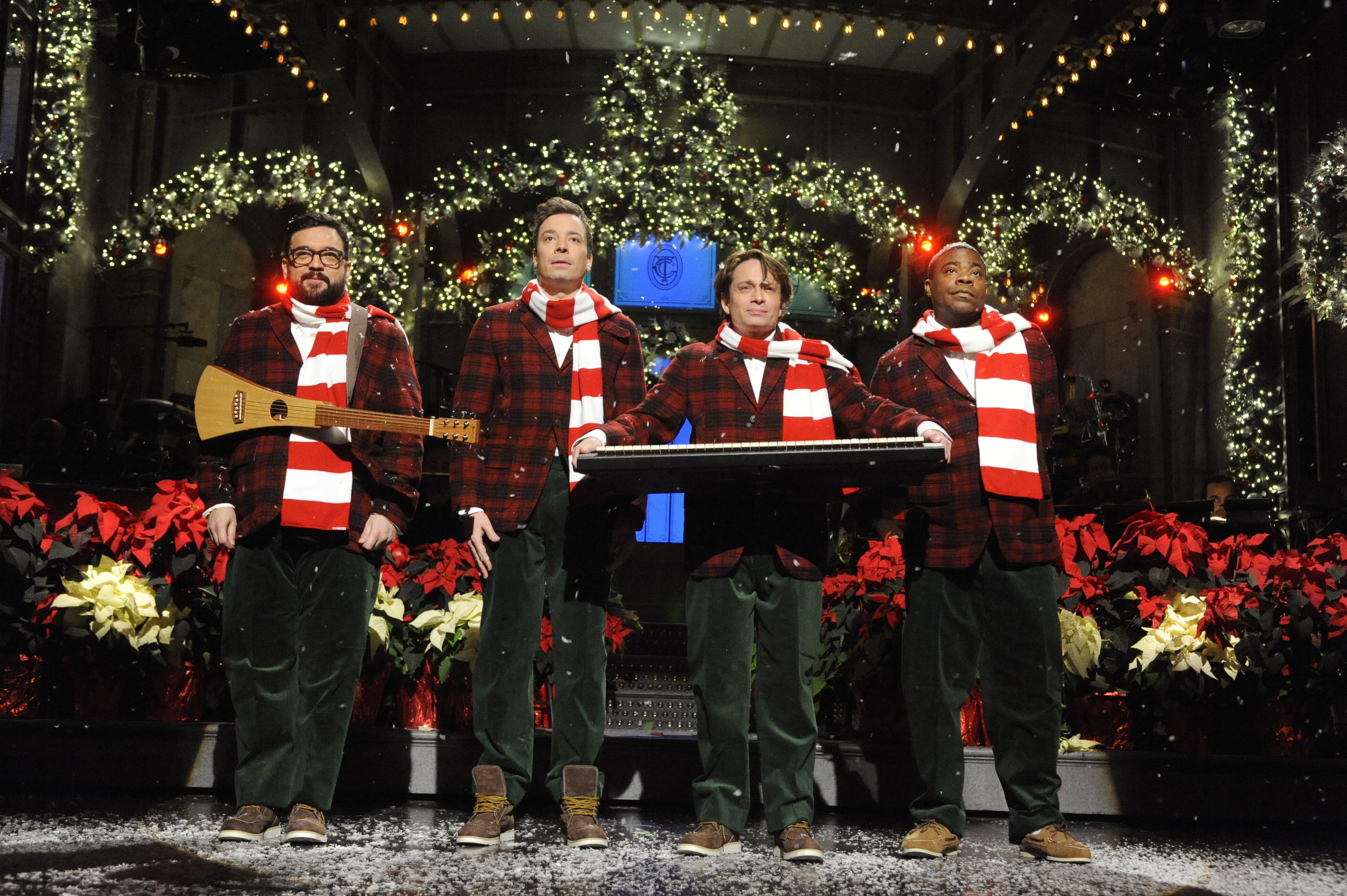My dad has mentioned time and again the portable television he brought with him to college. He and a friend would convene each week to watch “Saturday Night Live” and huddle around the ten-inch black and white screen.
It’s funny to think that college hasn’t changed all that much.
Sure we’re more likely to clump around our computer screens than our televisions. We might not actually watch “Saturday Night Live” live. But I would argue that these differences have actually made television an even more indelible part of the college experience.
I could rhapsodize for hours about the importance of television to the average UCLA student’s life, and that’s exactly what I plan to do with “Remote Life.”
After all, we’re well aware that a 25-minute episode on Hulu is the perfect fit for our bouts of procrastination. And when your eyes glaze over, that show you’ve wanted to watch will serendipitously start streaming on Netflix. It is as if some higher being was telling you, of course you should watch George Michael burn down the banana stand for the fifth time. That essay will finish itself in due course.
A television show can be a powerful way to make a connection with people on campus. Sure we go through the usual spiel. What’s your major? Where do you live? But then one person quotes Leslie Knope and suddenly you’re instant friends. There’s no real choice over the matter; the force of a shared favorite show is strong.
My first week at UCLA taught me just how true this is. A “that’s what she said” sign in my dorm practically planned “The Office” viewing parties all by itself. And while that may come off as if I were fishing for friends by hanging such a sign, I promise my devotion to “The Office” was real.
Even if we watch an episode of a show by ourselves, our reactions cannot always be contained. We go to that one person we know is just as in-tune with the show as ourselves.
When we don’t have that person, we sometimes resort to spewing our thoughts and feelings on Facebook statuses or unsuspecting roommates until we find someone who can understand the joy, the anguish or the shock of what we have just experienced.
What was Don Draper thinking in the season finale of “Mad Men”? Who is the mom on “How I Met Your Mother”? Did they really just kill a main character on “Game of Thrones”? And will someone please tell me, why was “Arrested Development” canceled?
The television of today is far from the lobotomizing TV-walls that Ray Bradbury prophesized in “Fahrenheit 451.” Sure, there is a cesspool of low-brow television out there, but there are also the rich and thematic stories that have emerged with the growth of cable and subscription channels. In the world of television, there are many more diamonds than there is rough.
For several years, writers like Entertainment Weekly’s Mark Harris have been pitting the envelope-pushing television industry against the increasingly stagnant film industry. Movie studios like Paramount dominated the 2011 box office with “Transformers: Dark of the Moon” and “Mission: Impossible ““ Ghost Protocol,” the third and fourth iterations of their respective franchises. But a quick flip through the past year’s TV Guide reminds us of the year’s unforeseen new hit shows like the horror-drama “American Horror Story” or the epic book adaptation “Game of Thrones.”
The true beauty of the evolving television medium is that these diamonds are getting even easier to find.
While our parents gathered around to watch in real time and on a restricted number of channels, our television viewing options are both vast and varied. We are constantly able to discover new shows even if they’re no longer on the air or have gone into seemingly random syndication on TBS. For Hulu, Netflix and borrowed DVDs, these distribution methods lend themselves well to a deep, unfettered relationship with television.
I’m sure at least a few of you are sitting in class right now, day dreaming about watching that series you started over winter break. Don’t worry, your assignments will be there when you’re finished with that next DVD. Full disclosure, I watched the first two seasons of BBC’s “Misfits” on Hulu in the course of writing this column.
_If you want to rave about misfits with recently acquired super powers (or any other shows you are currently watching), email Suchland at ssuchland@media.ucla.edu. “Remote Life” runs every Tuesday. _
